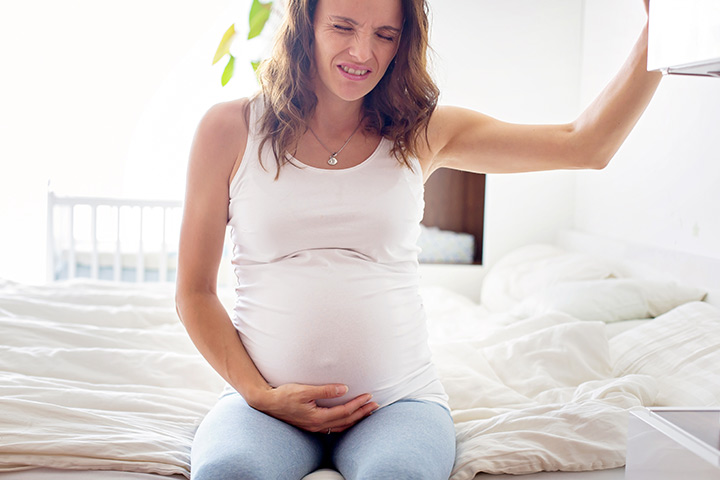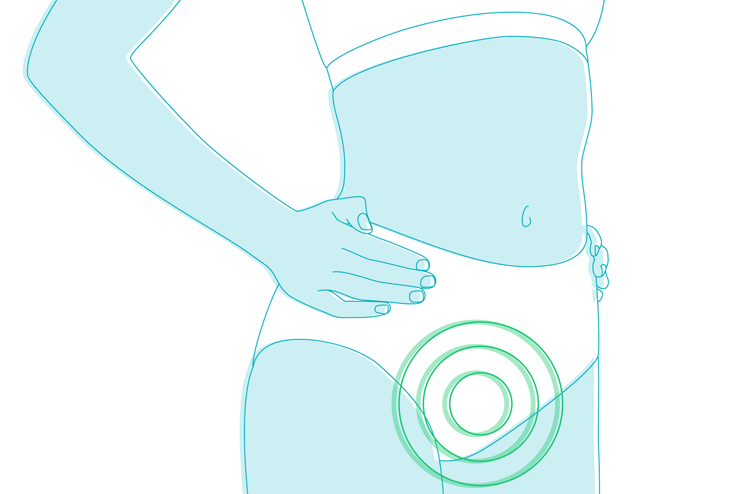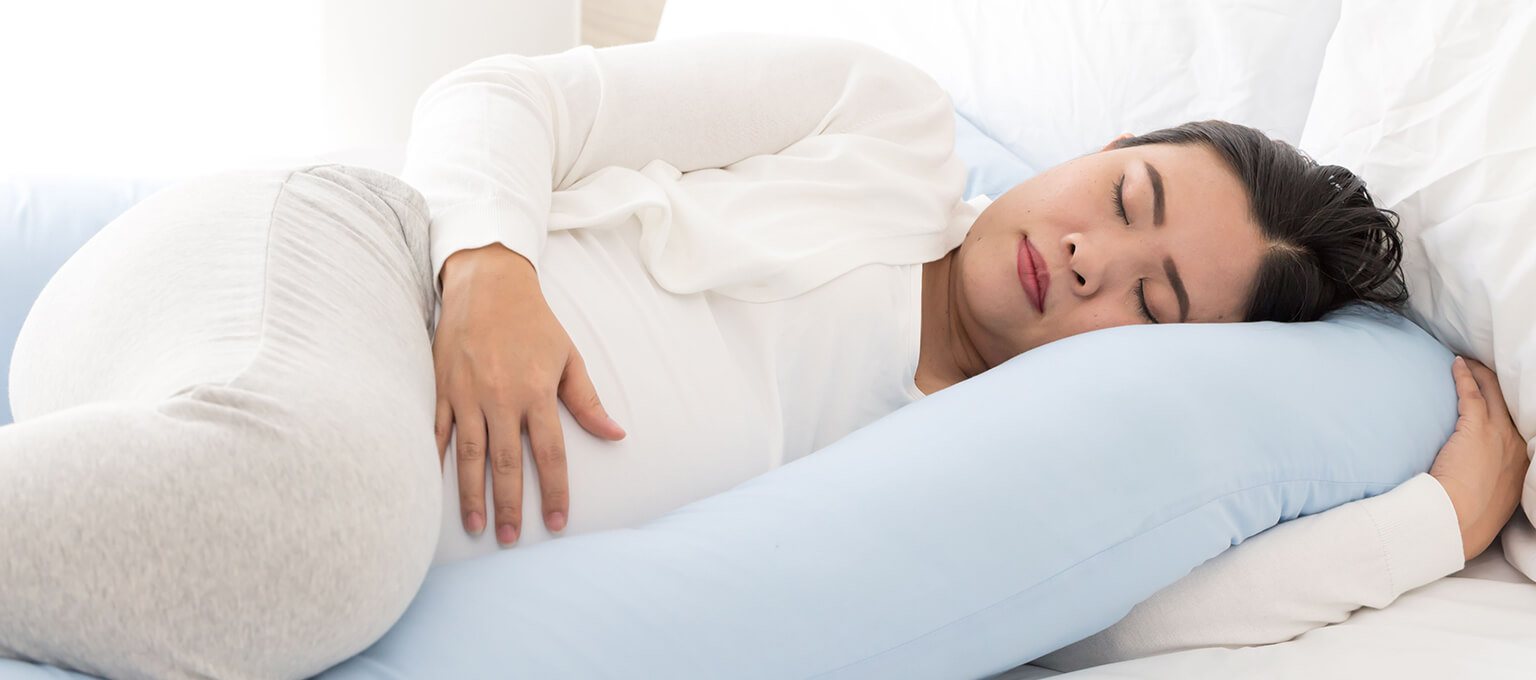


It is most commonly diagnosed in women in their thirties. See the separate leaflet called Fibroids for more details.Įndometriosis: this is a condition found in women between the ages of 13 and 50. This can make it shrink (degenerate) which can be very painful. Rarely, the fibroid outgrows its blood supply. However, they can sometimes cause heavy periods, abdominal swelling and urinary problems. They are common and usually cause no symptoms. Dr Mary Harding, Ovarian Cystĭegenerative changes in a fibroid: fibroids are non-cancerous growths which can occur in your womb. Ovarian cysts can vary in size - from less than the size of a pea to the size of a large melon. No treatment may be needed for certain types of ovarian cysts which tend to go away on their own. Pain may happen when they burst (rupture) or twist (called torsion). Some cause problems such as pain and irregular bleeding. Most ovarian cysts are non-cancerous (benign) and cause no symptoms. Rupture or torsion of ovarian cyst: an ovarian cyst is a fluid-filled sac which develops in an ovary.

These symptoms were also accompanied by very painful heavy irregular periods, as well as spotting." - Laura, 30, from London, What it's like to have pelvic inflammatory disease "The level of pain would just get worse to the point where it crippled me and I would spend days in bed. Read more about pelvic inflammatory disease. Symptoms of PID include pain in your lower abdomen or pelvis, high temperature (fever), abnormal vaginal bleeding and a vaginal discharge. Most cases are caused by chlamydia or gonorrhoea. Germs (bacteria) that cause the infection usually travel into your womb from your vagina or cervix. Pelvic inflammatory disease (PID): PID is an infection of your womb. See the separate leaflet called Period Pain (Dysmenorrhoea) for more details. Doctors may call period pain 'dysmenorrhoea'. The pain can be so severe that they are unable to go to school or work.

The pain is often mild but, in about 1 in 10 women, the pain is severe enough to affect day-to-day activities. Period pains (dysmenorrhoea): most women have some pain during their periods. This pain only lasts a few hours but some women find it is severe. The pain may be on a different side each month, depending on which ovary releases the egg. This ovulation pain is called "Mittelschmerz" (middle pain - because it occurs mid-cycle). Some women develop a sharp pain when an egg is released. Ovulation: ovulation means producing an egg from your ovary. What are the non-pregnancy related causes of pelvic pain? Gynaecological problems Pregnancy could be a cause of your pelvic pain This is usually by emergency caesarean section. The staff in the maternity department will quickly try to deliver the baby. Without a working placenta, the baby will die. This is because the baby relies on the placenta for food and oxygen. Before 24 weeks of pregnancy this is a miscarriage however, after 24 weeks it is called an abruption. Placental abruption: rarely (about 6 times in every 1,000 deliveries), the placenta detaches from the wall of the womb. See the separate leaflet called Premature Labour for more details. If you have pelvic pains that come and go in a regular pattern, contact your midwife for advice. You should contact your midwife immediately. If you have a gush of fluid from the vagina, your waters may have broken. This is the mucous plug from the neck of the womb (cervix). These become stronger, more painful and closer together. Normal labour usually starts as tightenings felt across the lower abdomen. Premature labour: normally labour starts after 37 completed weeks of pregnancy. If you have pain in your pelvis in the first 12 weeks of your pregnancy, see your doctor. This may cause sharp pain on one side of your pelvis. Sometimes it can become too swollen and may burst. They often cause no problems at all and clear up without treatment. They are often found, by chance, when you have an ultrasound scan for whatever reason. It forms after the release of the egg at ovulation. Rupture of corpus luteum cyst: a corpus luteum makes hormones that help keep you pregnant, until other organs such as the placenta take over. Number of pregnancies where an ectopic pregnancy occurs


 0 kommentar(er)
0 kommentar(er)
